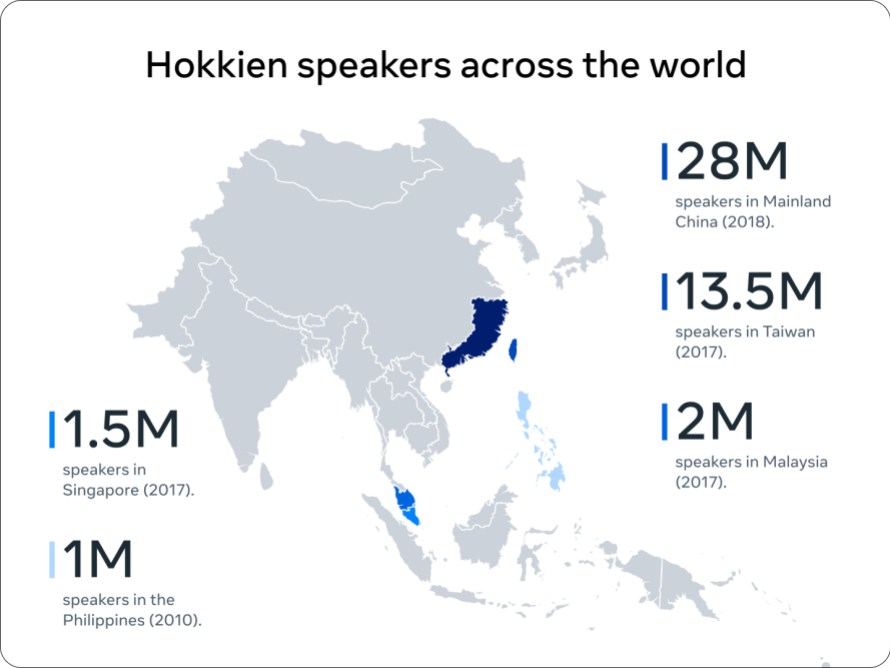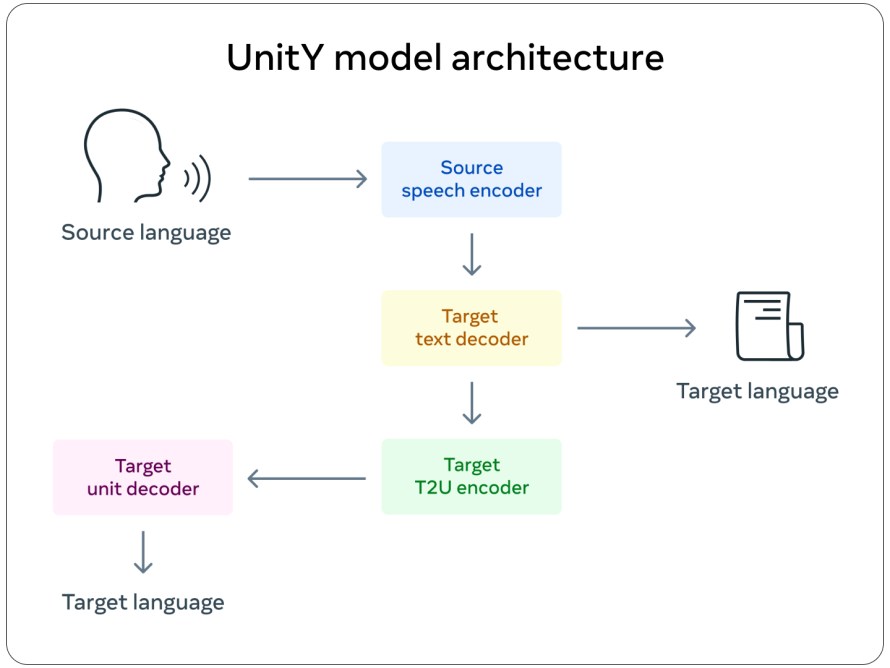
PAKISTAN is a linguistic paradise from a linguist’s point of view as in just two of its regions — Gilgit-Baltistan and Chitral — some 30 languages are spoken.
There are over 75 languages and dialects spoken in Pakistan and many of them are not only little-known but also endangered: some of them may become extinct pretty soon. These endangered languages include Badeshi, also known as Badakhshani, believed to be spoken by hardly a few hundred native speakers and some experts put the figure much below — as low as less than 100.
What perturbs one is the fact that research on these Pakistani languages is being carried out mostly by foreigners and many Pakistanis do not know even the names of many languages that their fellow Pakistanis speak. It is a fact that research on languages spoken in Pakistan’s north and adjoining areas was initiated by some western scholars much before creation of Pakistan, in an era when these areas were almost inaccessible.
For instance, Alexander Cunningham (1814-1893), a British army engineer who later on became archaeological surveyor of India — as mentioned by C. E. Buckland in his Dictionary of Indian Biography — wrote a book on Ladakh, describing historical and physical facts about Ladakh and the adjoining areas. In this book, titled Ladak: Physical, Statistical, Historical with Notices of the Surrounding Countries (1854), Cunningham described the basic facts about languages spoken in Hunza and Nagar, including Burushaski. He has also given a select vocabulary of some languages of the regions.
Linguistic Survey of India, a monumental work by George Abraham Grierson (1851-1941) in 19 volumes recorded some 175 languages and over 500 dialects spoken in the British India. Working on these languages between 1898 and 1928, Grierson gave, in part II of volume VIII, details of languages known as Dardic or Pisacha languages, a group of languages closely related to Indo-Aryan family of languages spoken in what is today’s North and North-West Pakistan, Kashmir and some parts of Afghanistan.
Another scholar, who single-handedly worked on many languages spoken in the northern parts of British India, was D. L. R. Lorimer (1876-1962). Though an officer in British Indian army, Lorimer was a linguist and served as political agent at Gilgit between 1920 and 1924. He knew several local languages and carried out research on Pashto, Khwaar, Wakhi, Shina, Burushaski, Domaki and Badakhshani. His work on Burushaski’s history, grammar and vocabulary is in three volumes and was published from Oslo in 1935.
Other scholars from the west who have carried out research on Pakistani languages include: Henry George Raverty whose work on Pashto is well-known; Hermann Berger who is known for his research on Burushaski; Max Arthur Macauliffe’s work on Punjabi, especially Sikh scriptures, is appreciated; Mansel Longworth Dames did some pioneering work on the Balochi language and poetry; and Ernest Trumpp’s work on Sindhi language and literature, especially Shah Jo Rislao, are but a few examples of how these western scholars devoted their time and efforts for local languages.
Shina is among those little-known Pakistani languages that have attracted attention of some foreign scholars and Ruth Laila Schmidt has worked on it. Shina is also called Shinaki. It is an Indo-Aryan language and, according to Ethnologue (www.ethnologue.com), Shina is spoken in Gilgit, Diamer, Chilas, Haramosh, Lower Hunza, Astore, Kharmang, Kachura, Satpara, some scattered villages in Yasin and some other areas of Gilgit-Baltistan.
In Kashmir, Shina is spoken in Neelam district of Azad Kashmir and in Kargil in India-held Kashmir. In Khyber Pakhtunkhwa, it is spoken in Kohistan and Sazin areas. But some scholars have mentioned some other areas as well where Shina or its dialects are spoken, such as, Chitral, Swat and Dir. Shina’s dialects are: Gilgiti, Astori and Chilasi Kohistani. Some believe Gilgiti is the standard dialect.
Shina is a Dardic language and Dardic languages do not have a very long history of written texts. Until recently, Shina, too, did not have a script and its orthographic system was conceived a few decades ago. It is written in Arabic script and since 1960s different suggestions for representing Shina phonology in Arabic script have been under consideration. However, native speakers of Shina have been working on the task and Muhammad Amin Zia published in Urdu script Shina Qaida Aur Grammar. Zia also compiled a Shina Lughat (Shina dictionary) with a phonetic scheme.
Now Abdul Khaliq Taj, a writer and scholar of Shina and an office-bearer of Halqa-i-Arbab-i-Zauq, Gilgit, has published Taj-ul-Lughaat, a Shina-Urdu dictionary. Shina words are written in Shina script (naskh) and Urdu equivalents are given in Urdu script (nasta’leeq).
This may work as a catalyst for further research on Shina and may encourage other scholars to work for preservation and promotion of the language.
drraufparekh@yahoo.com
Published in Dawn, October 24th, 2022






